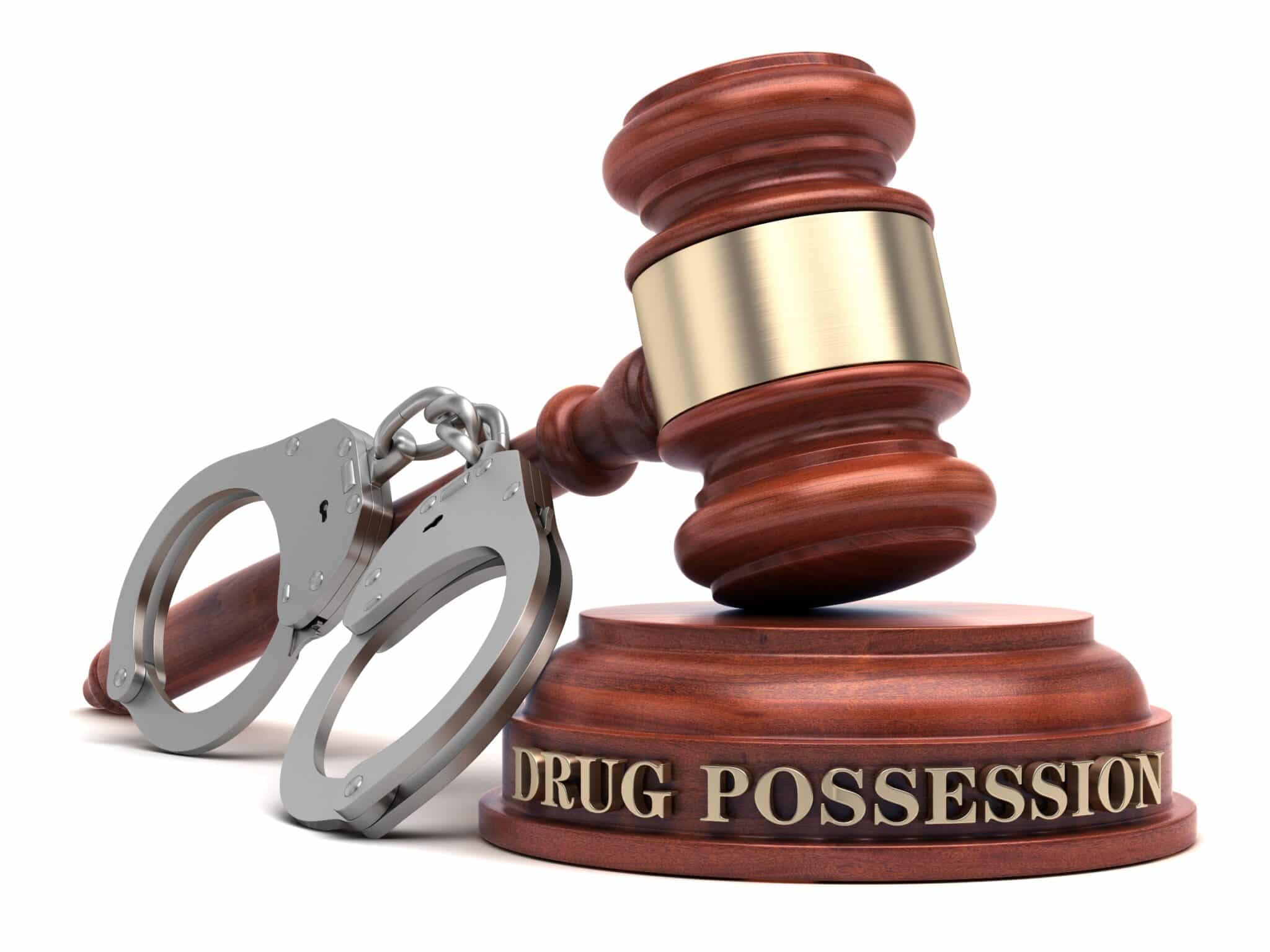How Chicago’s Legal Landscape Shapes Drug Possession Charges
In understanding drug possession charges in Chicago, it’s essential to explore how the city’s legal landscape has evolved over time to shape the enforcement of drug laws. From historical policies to contemporary approaches, Chicago’s approach to drug possession offenses is influenced by various factors, including legislative changes, law enforcement practices, and societal attitudes toward drug use and addiction.
Historical Context
Like many cities across the United States, Chicago has grappled with drug-related issues for decades. In the mid-20th century, the city experienced waves of drug epidemics, including the rise of heroin and cocaine use in urban communities. During this time, law enforcement efforts focused primarily on punitive measures, with an emphasis on arresting and prosecuting individuals found in possession of illegal drugs.
The War on Drugs Era
The 1980s marked the beginning of the “War on Drugs,” a national campaign aimed at combating drug abuse and trafficking through aggressive law enforcement tactics and strict sentencing laws. Chicago, like other major cities, saw an escalation in drug-related arrests and prosecutions during this period. Mandatory minimum sentences and harsh penalties for drug offenses became the norm, leading to a surge in incarceration rates, particularly among minority and low-income communities.
Shift Towards Treatment and Rehabilitation
In recent years, there has been a growing recognition of the limitations of punitive approaches to drug offenses. Chicago, along with other jurisdictions, has increasingly emphasized treatment and rehabilitation as part of its response to drug possession charges. This shift reflects a broader understanding of addiction as a public health issue rather than solely a criminal justice matter.

Legal Framework for Drug Possession Charges
Under Illinois law, drug possession is generally classified as a misdemeanor or felony offense, depending on factors such as the type and quantity of drugs involved, prior criminal history, and whether the possession occurred near a school or other protected area. Possession of small amounts of marijuana, for example, may be decriminalized in certain circumstances, resulting in civil fines rather than criminal penalties.
Building a Strong Defense
Given the complexities of drug possession laws and the potential consequences of a conviction, it’s crucial for individuals facing charges to seek legal representation from an experienced criminal defense lawyer. A skilled attorney can assess the details of the case, challenge the legality of the search and seizure, and explore possible defenses, such as lack of knowledge or consent, entrapment, or violations of constitutional rights.
Treatment Options
When it comes to drug crimes and possession charges, Chicago’s legal landscape significantly influences the prosecution of drug possession charges in the city. While historical approaches to drug offenses have often prioritized punishment and incarceration, there is a growing recognition of the need for alternative strategies that prioritize treatment and rehabilitation. Individuals facing drug possession charges in Chicago should seek the guidance of a knowledgeable criminal defense attorney to navigate the legal process effectively and protect their rights.
In addition to legal representation, individuals charged with drug possession in Chicago may benefit from exploring treatment options as part of their defense strategy. Drug courts and diversion programs offer alternatives to traditional criminal prosecution, providing individuals with access to substance abuse treatment, counseling, and support services. By participating in these programs, defendants may be able to address underlying issues related to drug addiction while avoiding the long-term consequences of a criminal conviction.
About the Author:
Andrew M. Weisberg is a former felony prosecutor who now serves as a defense attorney in the greater Chicago area. He has extensive experience handling all types of criminal cases, from sex offenses and domestic violence to retail theft-related crimes, murder, and drug crimes. His work has been recognized by Avvo, Expertise, National Trial Lawyers, and others, and he has been featured on countless news outlets for his experience and knowledge in criminal law.







 Blog Home
Blog Home 










